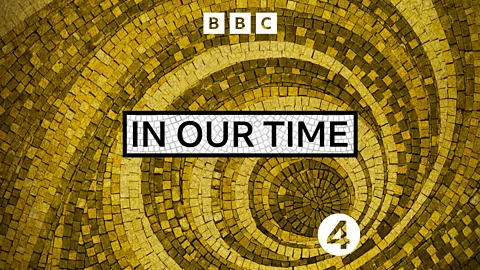
In Our Time
In Our Time
Molière
May 22, 2025
51 minutes
Available for over a year
To access this episode early and ad-free, subscribe to BBC Podcast on Apple Podcasts. The episode will be available for free with adverts on 22nd May.
Melvyn Bragg and guests discuss one of the great figures in world literature. The French playwright Molière (1622-1673) began as an actor, aiming to be a tragedian, but he was stronger in comedy, touring with a troupe for 13 years until Louis XIV summoned him to audition at the Louvre and gave him his break. It was in Paris and at Versailles that Molière wrote and performed his best known plays, among them Tartuffe, Le Misanthrope and Le Malade Imaginaire, and in time he was so celebrated that French became known as The Language of Molière.
With
Noel Peacock
Emeritus Marshall Professor in French Language and Literature at the University of Glasgow
Jan Clarke
Professor of French at Durham University
And
Joe Harris
Professor of Early Modern French and Comparative Literature at Royal Holloway, University of London
Producer: Simon Tillotson
Reading list:
David Bradby and Andrew Calder (eds.), The Cambridge Companion to Molière (Cambridge University Press, 2006)
Jan Clarke (ed.), Molière in Context (Cambridge University Press, 2022)
Georges Forestier, Molière (Gallimard, 2018)
Michael Hawcroft, Molière: Reasoning with Fools (Oxford University Press, 2007)
John D. Lyons, Women and Irony in Molière’s Comedies of Mariage (Oxford University Press, 2023)
Robert McBride and Noel Peacock (eds.), Le Nouveau Moliériste (11 vols., University of Glasgow Presw, 1994- )
Larry F. Norman, The Public Mirror: Molière and the Social Commerce of Depiction (University of Chicago Press, 1999)
Noel Peacock, Molière sous les feux de la rampe (Hermann, 2012)
Julia Prest, Controversy in French Drama: Molière’s Tartuffe and the Struggle for Influence (Palgrave Macmillan, 2014)
Virginia Scott, Molière: A Theatrical Life (Cambridge University Press, 2020)
In Our Time is a BBC Studios Audio Production
